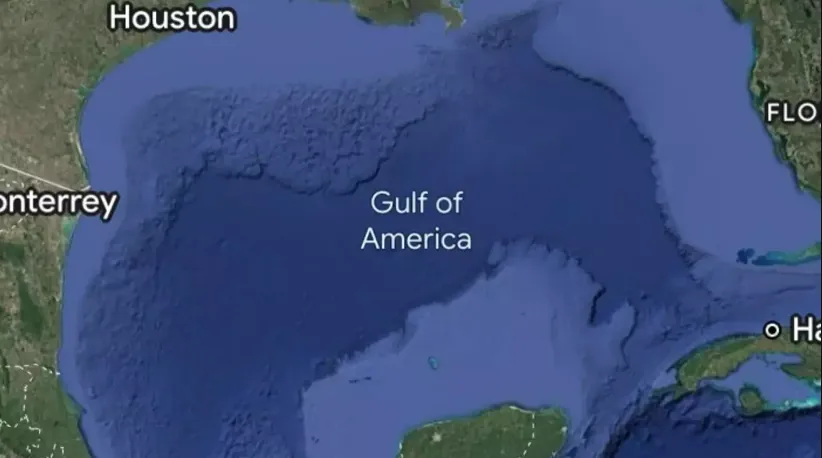In an unexpected decision, President Donald Trump signed an executive order in January 2025 to rename the Gulf of Mexico as the Gulf of America.
This change has sparked discussions both in the U.S. and globally. The Gulf of Mexico has been the commonly used name for centuries, appearing on maps since the 1500s. The region has long served as a vital link between North America, Europe, and Latin America in trade and commerce.

Trump justified the renaming as part of his strategy to strengthen American influence. According to him, the Gulf has played a crucial role in U.S. economic expansion and international trade, making the name change necessary.
Shortly after the order was issued, Google Maps updated the name for U.S. users, replacing “Gulf of Mexico” with “Gulf of America.” However, users in Mexico still see the original name, while international users see both versions, with “Gulf of America” appearing in parentheses.
Many users have been confused by the sudden change. A Reddit user in Georgia noticed that Google Maps displayed “Gulf of America” but switched back to the original name when zooming out.
Mexican leaders have strongly opposed the renaming. Mexican President Claudia Sheinbaum criticized the decision, arguing that international waters should not be renamed without global consensus.

Despite opposition, the U.S. government has fully adopted the new name in official documents and digital records. Some companies, such as BP, have also started using “Gulf of America” in communications. However, the International Hydrographic Organization has not yet approved the change, meaning international organizations still recognize “Gulf of Mexico.”
The move has raised concerns about the role of tech companies like Google in geopolitical decisions. Some worry that digital platforms might be influenced by government policies, shaping public perception through map data updates.
The renaming of the Gulf of Mexico to the Gulf of America has not only created a major debate but also raised questions about national identity, diplomacy, and the influence of technology in political decisions.
